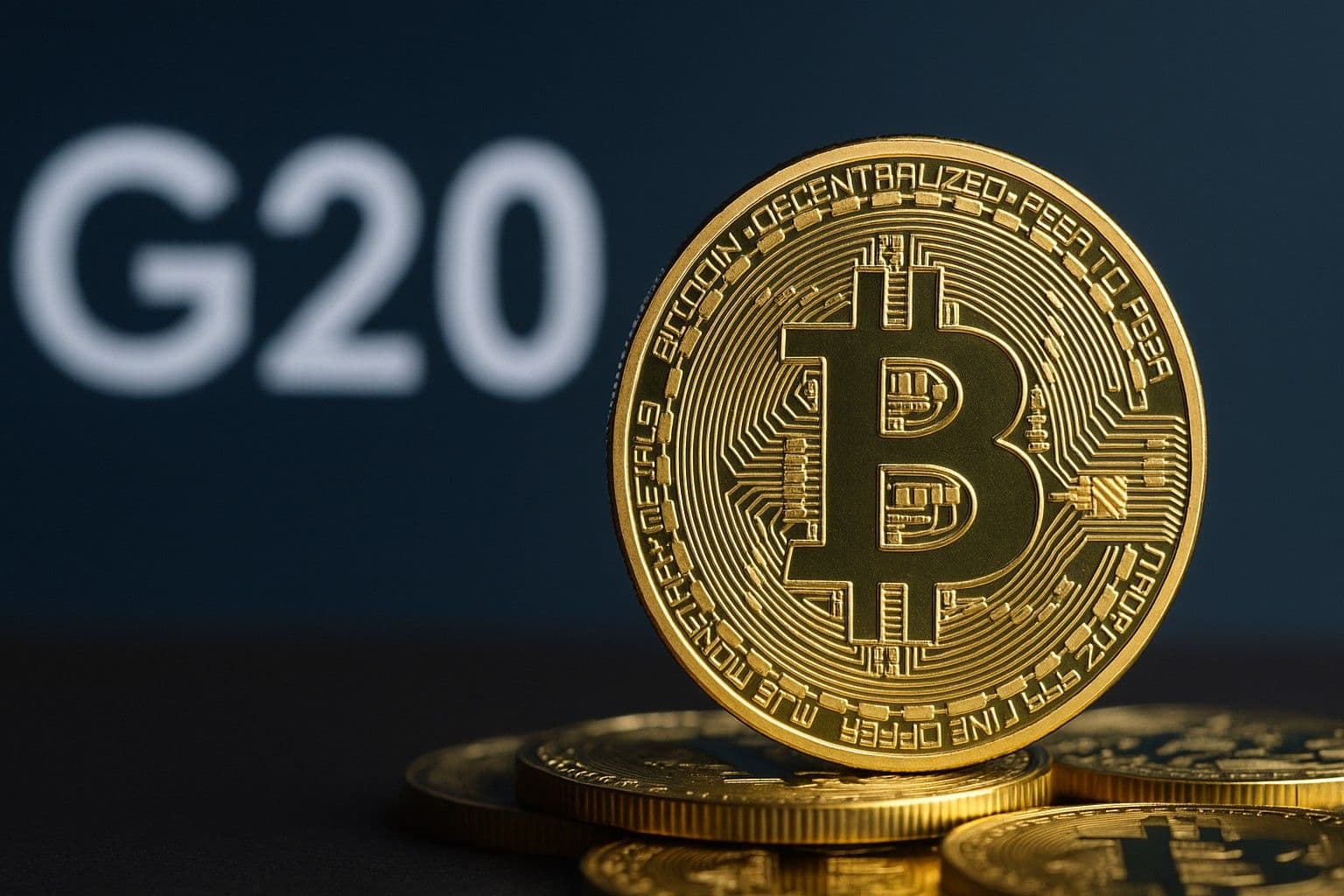The Financial Stability Board (FSB), a key risk watchdog for the Group of 20 (G20) nations, has issued a stark warning about “significant gaps” in the global regulation of crypto-assets. According to a report covered by Reuters, the body highlighted that while most countries have started to implement regulatory frameworks, inconsistencies and a lack of cross-border cooperation are creating vulnerabilities that could threaten global financial stability.
The FSB’s assessment reveals that while financial stability risks from the sector remain “limited at present,” they are rapidly increasing. The report underscores the urgent need for a consistent and comprehensive global approach to overseeing the burgeoning digital asset market, which has seen explosive growth and increasing integration with the traditional financial system.
The Widening Cracks in Regulatory Frameworks
The core of the FSB's concern lies in the fragmented nature of crypto regulation worldwide. Despite the establishment of a global regulatory baseline, the report found that its implementation is patchy and inconsistent across different jurisdictions. This creates opportunities for regulatory arbitrage, where crypto firms can operate in regions with laxer rules, undermining the effectiveness of stricter policies elsewhere.
A primary area of concern is the lack of robust data and the tools needed to monitor crypto markets effectively. The FSB noted that supervisors often struggle to gain a clear picture of market activities, particularly those involving decentralized finance (DeFi) and complex stablecoin arrangements. This data deficiency hampers their ability to assess risks and enforce compliance, leaving investors and the broader financial system exposed. The report called for closing these cross-border information-sharing gaps to enable more effective oversight.
Spotlight on Stablecoins and DeFi
The FSB placed a significant emphasis on stablecoins, which are often pegged to traditional currencies and serve as a crucial bridge between fiat and crypto economies. The watchdog warned that the failure of a major stablecoin could trigger widespread contagion, impacting not only crypto markets but also traditional financial institutions with exposure. The report calls for stricter oversight of stablecoin issuers, demanding they meet high standards for governance, risk management, and transparency regarding their reserve assets.
Decentralized Finance, or DeFi, was also highlighted as a rapidly evolving area presenting unique supervisory challenges. Its disintermediated nature makes it difficult to apply traditional regulatory models, creating potential blind spots for regulators. The FSB is pushing for international standards that can address the novel risks associated with DeFi protocols, including smart contract vulnerabilities and governance issues.
The Path Forward: Coordination and Enforcement
To address these deficiencies, the FSB urged member countries to accelerate the implementation of its global regulatory framework for crypto-assets. This includes the consistent application of the “travel rule,” which requires crypto service providers to collect and share information on the originators and beneficiaries of transactions to combat money laundering and terrorist financing.
The report also stressed the importance of enhanced international cooperation among regulators. Without coordinated supervisory actions, rules in one country can be easily circumvented. The FSB is pushing for stronger mechanisms for information exchange and joint enforcement actions to ensure a level playing field and prevent bad actors from exploiting regulatory loopholes.
For investors, exchanges, and crypto projects, the FSB’s report signals a clear direction of travel: increased regulatory scrutiny is inevitable. The era of operating in a loosely regulated environment is drawing to a close. Exchanges and stablecoin issuers will likely face more stringent compliance requirements, including capital buffers, transparent reporting, and robust risk management frameworks. This shift, while potentially creating short-term compliance burdens, aims to foster greater market integrity and long-term stability, ultimately building a more resilient and trustworthy digital asset ecosystem. The message from the G20’s financial watchdog is unmistakable-the time to close the gaps in global crypto rules is now.
the time to close the gaps in global crypto rules is now.

